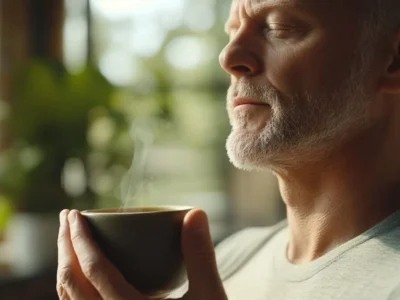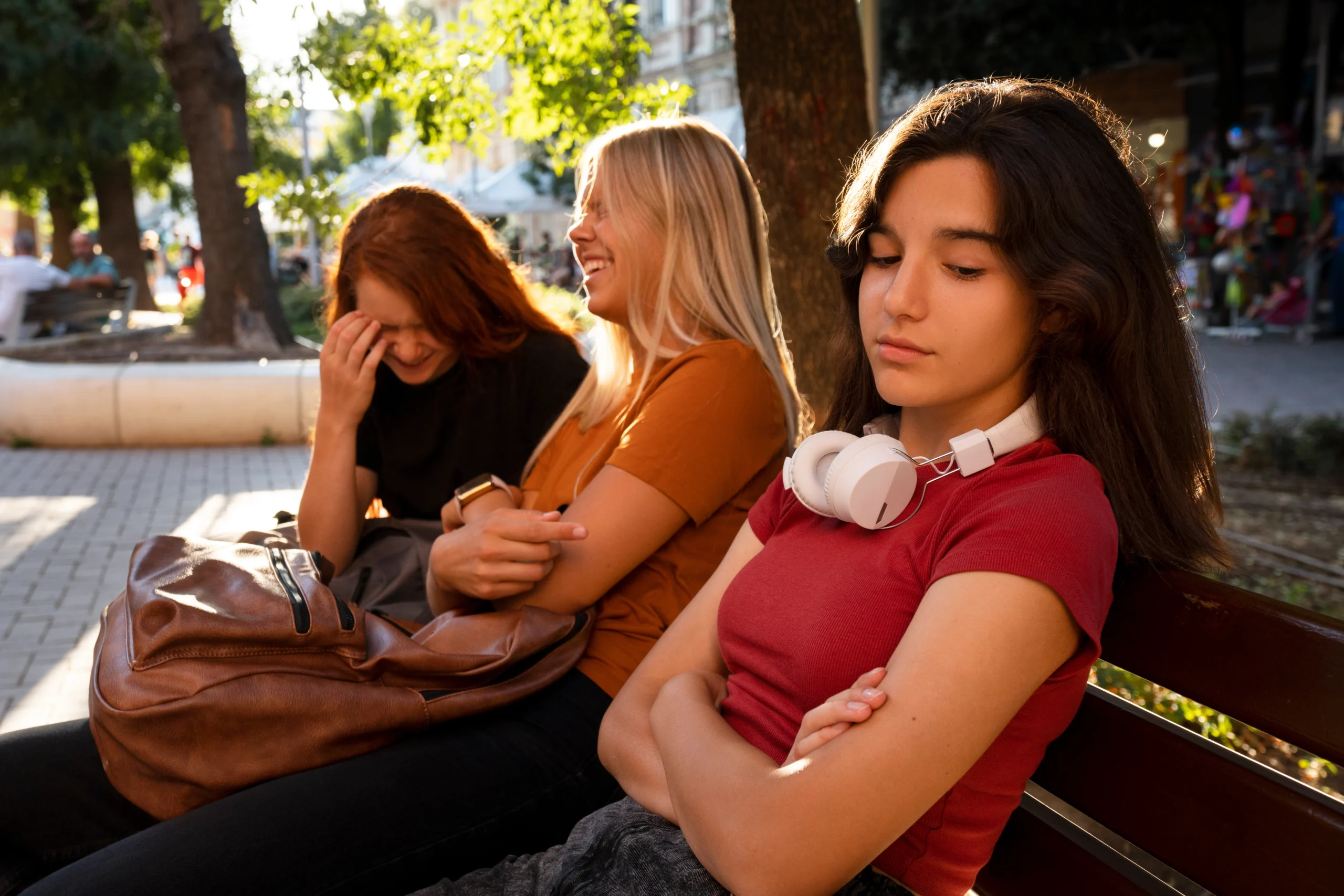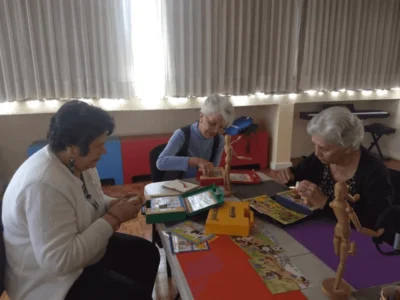Clinical neuropsychologist and researcher Lidia García tells us about the influence of body posture and its disruption in physiological, mental, and behavioral states.
We are used to reading that nonverbal language, our gestures and body postures, reveal our mood or psychological state, something we even reflect in our metaphorical way of speaking, when we use expressions like “carrying weight on our shoulders” referring to a feeling of guilt or responsibility, or “holding your head high” to refer to the advisability of maintaining an attitude of some pride.
But what happens if we purposely adopt a similar posture? Can a particular body posture change our psychological or emotional state?
Can a particular body posture change our psychological state?
Columbia University researcher Dana R. Carney and her research group asked this question and carried out a study [1] with which they wanted to check whether adopting a body posture associated with an attitude of power (expanded postures, with the limbs open, which in nature are associated with a high level of power or rank of the individual displaying it) caused changes at the psychological, physiological, and behavioral level, making participants feel and behave in the typical way observed in people with high power.
In particular, people with great power in comparison with people with little power, besides adopting more expanded and open body postures that project dominance, also show a greater willingness to engage in action and to take risks than people with low power, and feel a higher level of control or power than them[1].
By contrast, people with low power show the opposite profile, adopting contracted and closed postures (limbs that touch the torso) that project low power and taking fewer risks.
Moreover, in humans and in other animals powerful individuals and powerless individuals also differ in their neuroendocrine profile, the former showing high levels of testosterone (the dominance hormone) and low cortisol (the stress hormone) and the latter low levels of testosterone and high cortisol.
Taking all this into account, the researchers measured the participants’ salivary levels of testosterone and cortisol before and after positioning them in the body posture of interest (high vs. low power). After having held that posture for 1 minute, their risk-taking behavior was also measured (through a gambling-task gambling task) as well as a measure of feeling of power through a self-report on a scale from 1 (not at all) to 4 (a lot).
The researchers observed that participants who had adopted high-power postures showed changes from their baseline levels (before adopting the experimental posture) in the direction expected for people with high power: their testosterone level had increased and cortisol had decreased, and they had higher scores in feelings of power and control. Furthermore, 86.36% of this group of participants showed greater risk behaviors in the gambling task, compared to 60% of the group of subjects who had adopted low-power postures.
The subjects who had adopted low-power postures also showed changes consistent with what was expected: their testosterone level decreased, cortisol increased, and they had lower feelings of power scores than before adopting the posture.
Thus the researchers concluded that, a simple manipulation of body posture for 1 minute was sufficient to significantly alter the participants’ physiological, mental, and behavioral states, and that this can prepare individuals’ mental and physiological systems to withstand difficult and stressful situations.

Subscribe
to our
Newsletter
Implications for clinical practice
What is especially striking about these results is the immediacy with which the change of body posture produces its effects, since these occurred after 1 minute of holding the postures and 17 minutes after finishing posing.
Besides providing scientific support for the adaptive value of the attitude offakeituntilyoumakeit (fake it until you make it), this has interesting implications for clinical practice: speaking particularly in the field of neurorehabilitation, taking care of the patient’s posture during cognitive assessment and rehabilitation is important since certain postures (or approximations to them) can modify feelings of competence or power by increasing or decreasing them and, in turn, it has been seen that a low sense of power can lead to a significant decline in cognitive performance[2], specifically in tasks of executive functions that assess processes of inhibition, planning, and updating [2].
Body posture also influences the retrieval of emotional memories and the access and retrieval of Autobiographical Memory, which is a topic that will be addressed in a forthcoming post.
Bibliography
- [1] Carney, D.R., Cuddy, A.J.C. and Yap, A.J. (2010). Powerposing: briefnonverbaldisplaysaffectneuroendocrinelevels and risktolerance. PsychologicalScience, 21(10) 1363-1368.
- [2] Smith, P.K., Jostmann, N.B., Galinsky, A.D., & van Dijk, W.W. (2008). PsychologicalScience, 19, 441–447.
If you liked this post about the influence of body posture on attitude and cognitive performance, you may be interested in these NeuronUP articles.
“This article has been translated. Link to the original article in Spanish:”
«Fake It Until You Make It»: Influencia de la postura corporal en la actitud y el rendimiento cognitivo






 Neuroscience of Olfaction in Neurorehabilitation: How Does the Brain Encode Odors?
Neuroscience of Olfaction in Neurorehabilitation: How Does the Brain Encode Odors?
Leave a Reply